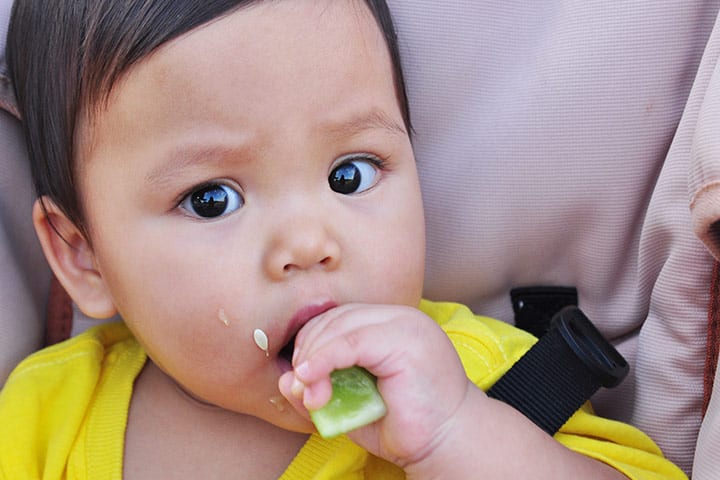Have you ever donated blood before you were pregnant? Are you planning to start donating blood again, especially now that your baby is born and you are not pregnant anymore?
If you are breast feeding your baby, you may be worried whether if it is safe to go ahead and donate blood. While blood donation requires you to be fit and healthy yourself, there are certain rules that apply to breastfeeding mothers.
Is It Safe To Donate Blood While Breastfeeding?
Donating blood is a very good initiative, one that should be practiced regularly if you are healthy to do so. However, when you are a breastfeeding mother, there are certain things you need to look into to ensure it does not affect your baby.
Is it ok to donate blood while breastfeeding? This is a topic that doctors and medical experts are divided upon. Another point of contention is to agree what is a good time to start donating, especially if you are breast feeding.
While you are breastfeeding, it is important to ensure that both you and your baby are getting the right nutrients. The best person who can guide you about if you should go ahead and donate blood is your doctor. In addition, your doctor will guide you depending on which country you reside in and your overall health, as well as that of your baby.
According to the American Red Cross, you should not donate blood till at least six weeks after the delivery (1). Post that, your health needs are to be evaluated again by your doctor. Depending on this you can donate blood.
The guidelines of the American Red Cross are different from the guidelines of the Australian Red Cross Blood Service. According to their guidelines, you are not eligible to donate blood till the time your baby is mostly weaned off (2). You may be allowed to donate blood once your baby is getting most of the nutrition from other solid foods.
Things To Consider While Donating Blood During Breastfeeding Period:
You may be eligible for donating blood while breastfeeding, but you need to first check with your doctor about the pros and cons. Your doctor will first test you for anemia. You should be absolutely healthy and medically fit before your doctor can give you a go ahead.
When you donate blood, it can make you feel drowsy and lightheaded. In some cases, it can also make you feel severely dehydrated or tired. It is very important that you are well hydrated before you decide to go for the blood donation. Your breast milk is made up of 87 percent water (3). While donating blood, 16 ounces of your blood will be removed from your body. This means that your body will suddenly lose a lot of liquid. Hence it is imperative to eat a big and nutritious meal before you donate blood.
In addition, you should also stay hydrated before and after you have donated blood. As you are still breastfeeding, it is a good idea to drink fresh fruit and vegetable juices. Once you have donated blood, you should not lift any heavy objects, especially with the arm which was used to take out the blood. This is to prevent any possible injury and to avoid any fall, in case you are feeling dizzy. If your baby is a little older or heavy, this could be a tricky situation as you may not be able to avoid picking up your baby.
A Few Points To Remember:
According to the American Red Cross, here are a few things you should remember when you are going to donate blood:
- Stay hydrated
- Wear comfortable clothes where you can roll up your sleeves easily
- Eat iron rich foods for weeks before you are planning to donate
- Carry a list of all the medicines you may be taking
- Carry any two types of ID
- Take someone along
- Relax
Donating blood is something very good. But as a breastfeeding mother, you first need to ensure that you and your baby’s health is well taken care of. Speak to your doctor and check with the blood donation agency.
In case you are not allowed to donate blood right now, you can always do it once your baby is off breast feeding!
Hope you liked or post on whether is it safe to donate blood while breastfeeding. What are your thoughts on donating blood during pregnancy or otherwise, please share them with us by commenting below. In addition, share this article among your friends and family.
























